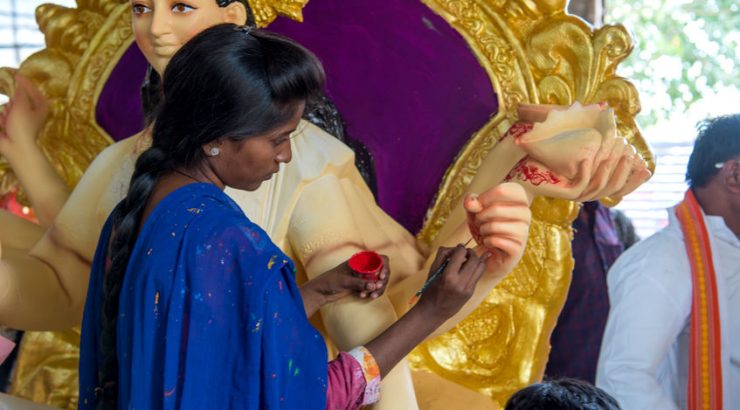
Tweaking Is for Winners How Minor Details Make a Big Impression
June 26, 2020
A very successful creative director once said, “Without a deadline, nothing would get done.” Because Alice was renowned (and recruited) for her rare combination of imagination and leadership skills, her reliance on the pressure of the clock might be shocking. Of course, Alice simply revealed the ultimate determinant of great advertising: when is the ad due?
Deadlines are perhaps the greatest driver of human behavior. The origin of the word deadline has been attributed to a very real line drawn around prisoners being held in forts during the Civil War. Without a proper facility to lock them up, a guard would draw the line and make good on the threat that if a prisoner stepped over the line, they would be shot dead. Hence, the word deadline.
When it comes to applying for internships and jobs, missing a deadline merely means your application is DOA, dead on arrival. No matter how superior a candidate you might be, your late submission means you miss the opportunity to be considered. There are also less obvious deadlines, specifically ones that reflect good etiquette. For example, after an informational interview or job interview, your “thank you” email ideally arrives by the end of the day you had the interview. Another 24 hours won’t kill your chances, but it will reflect negatively on your intentions and personal brand.
Pushing to meet a deadline often works to your detriment. When you’re time-pressured, you lose the opportunity to revise, refine, and polish your submission or note. If you’re posting on social media or getting your profile up on LinkedIn, anyone who sees your published first draft won’t likely see the edited version when you get around to doing it.
Glaring errors like typos and failed autocorrects are predictable errors you make when you’re rushing to meet a deadline. However, there are more subtle mistakes that negatively impact your attractiveness as a candidate. Your writing is less crisp. Your meaning is less clear. In an environment where the bridge between your real life and your ideal one is built by the words you use or the images you choose, you need to allocate time so you can review and tweak your output.
For example, a candidate for a new business development position in the luxury sector with Salesforce, recently took an informational interview with the company’s CTO. When she drafted her thank you note, she wrote, “I have a long-standing record of meeting quotas for sales targets.” Because she crafted her thank you note right after the interview, hours before she needed to send it, we had time to tweak it.
Among other changes, we revised that sentence to say, “As we discussed, I have a proven track record of meeting sales quotas as well as exceeding other essential performance benchmarks.” We also summed up her list of achievements by adding this sentence. “If I had to pick two skills that set me apart, they would be 1) intelligent prospecting, and 2) knowing when the buying decision is about to be triggered.”
That’s what using time wisely buys you. Clarity. Impact.
You’ve got to take every opportunity to make the best impression possible when you are one among many potential candidates. Tweaking is for winners. A relatively minor change and a bit of finesse in your message can transform an average sounding accomplishment into a sparkling achievement.
Set pre-deadlines so you gain some “gazing time” to review your writing. As you read your cover letter or thank you email, consider what message you want your reader to remember about you. What you say and how you say it directly impact whether they move your candidacy forward.
Next Steps
- Craft a standard cover letter and thank you note so you have a template to work from.
- If you’ve done personal branding or otherwise know your best traits, review your writing to see where you’ve shown those traits-in-action.
- Check for specificity. Add examples where it makes sense.
- Write with your audience in mind. If you are customizing your writing in response to a job post, illuminate exactly how your experience, interests, and education match the qualifications.
- When you write thank you notes, capture something from the discussion that, given reflection after the meeting, you can further illuminate or expand on.

